Now more than ever, Donald Trump appears to be channeling his inner Lord Palmerston. It was the 19th-century prime minister, after all, who went down in the history books for his declaration that England had no permanent enemies or allies.
Generations of statesmen have recited that gelid precept, but Trump is one of the few who actually seems prepared to act upon it. Speaking in Riyadh, he implored Iran – the longtime bugbear of Washington hawks, including Trump’s defenestrated national security advisor Mike Waltz – to strike out upon a new course, vowing that there are no “permanent enemies” for America. It seems abundantly clear that Trump, who avoided getting ensnared in a foreign war during his first term as president, has little appetite for embarking upon one in his second one, either.
To my ear, Trump is reverting to the credo that he enunciated in March 2016 during his first foreign-policy speech at the Mayflower Hotel in Washington, DC. Back then, Trump derided the experts who had exhorted America to wage war against Iraqi dictator Saddam Hussein. He said that America had to reboot. Trump declared, “I will never send our finest into battle unless necessary, and I mean absolutely necessary, and will only do so if we have a plan for victory with a capital ‘V.’”
For all his bluster, Trump is a fairly cautious fellow who keeps a careful eye upon the wishes of his MAGA base. And that base has no desire to see a repetition of the forever wars in Afghanistan and Iraq that George W. Bush initiated. The notion that Trump, like Bush, would get snookered into a war in the Middle East by his subordinates is fanciful. Instead, Trump has abandoned the battle against Houthi warriors in Yemen as a hopeless venture. At the same time, Trump has pivoted against intervention and in favor of a diplomatic outreach to Tehran.
In essence, Trump has doubled down on Saudi Arabia, which has been trying to reach an accommodation, however fragile, with Iran. Trump seems agreeable. He signed a big arms deal with Saudi Arabia and called Mohammed bin Salman a “great leader.” Perhaps most significantly, he took direct aim at his American predecessors: “No, the gleaming marvels of Riyadh and Abu Dhabi were not created by the so-called ‘nation-builders,’ neocons, or liberal non-profits like those who spent trillions and trillions of dollars failing to develop Baghdad, so many other cities.” Trump was effectively arguing for what the Soviet Union, under Leonid Brezhnev, called non-interference in its internal affairs.
None of this is calculated to assuage the apprehensions of Israeli Prime Minister Benjamin Netanyahu who has been urging Trump to contemplate a bombing expedition against the mad mullahs of Tehran. Trump more than likely dreams of formal relations with Iran and Trump Towers in Tehran and Isfahan. And why not? Syria is floating the prospect of a Trump Tower Damascus and Trump, in turn, is promising to lift sanctions on it. If dreams begin in realities, then Trump and his interlocutors seem to be displaying a good deal of realism.



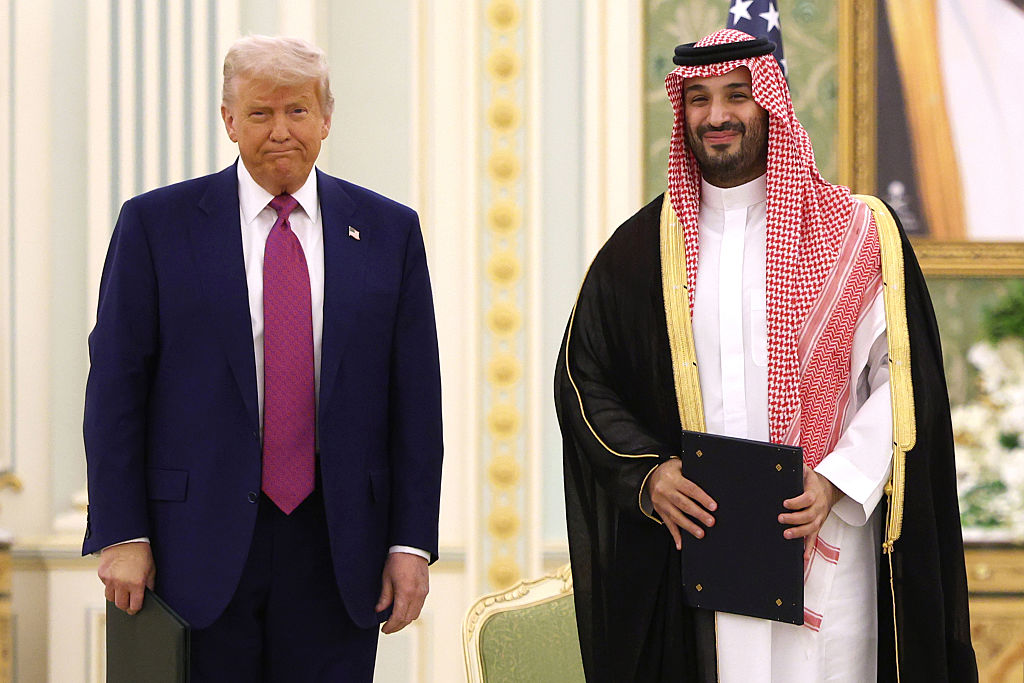








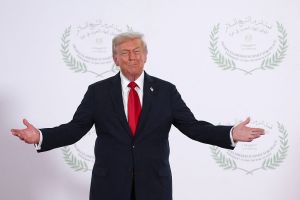

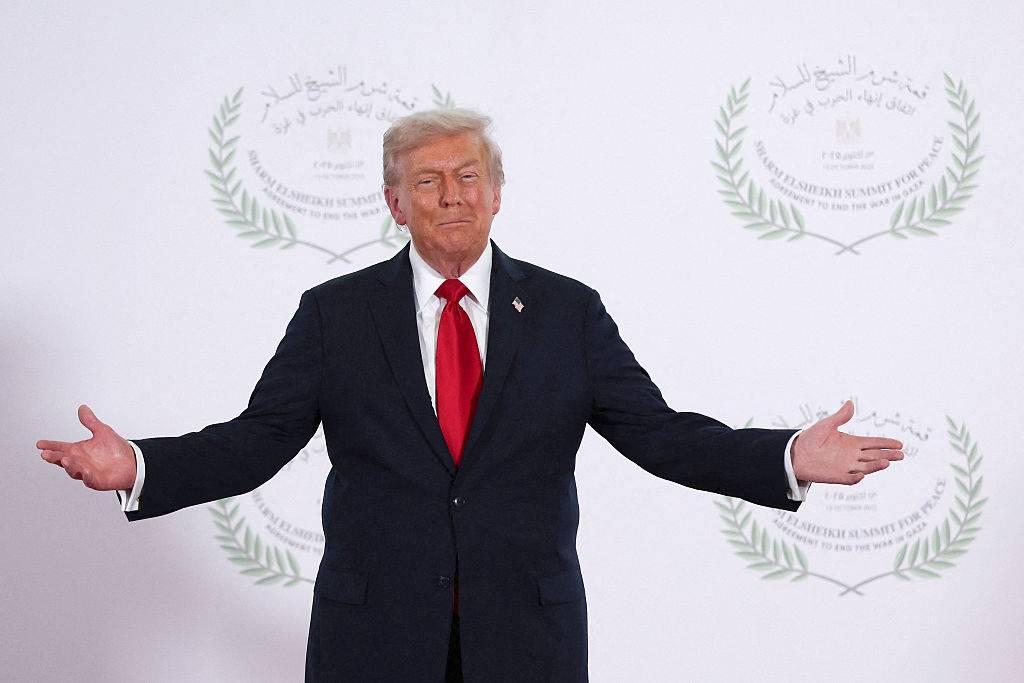
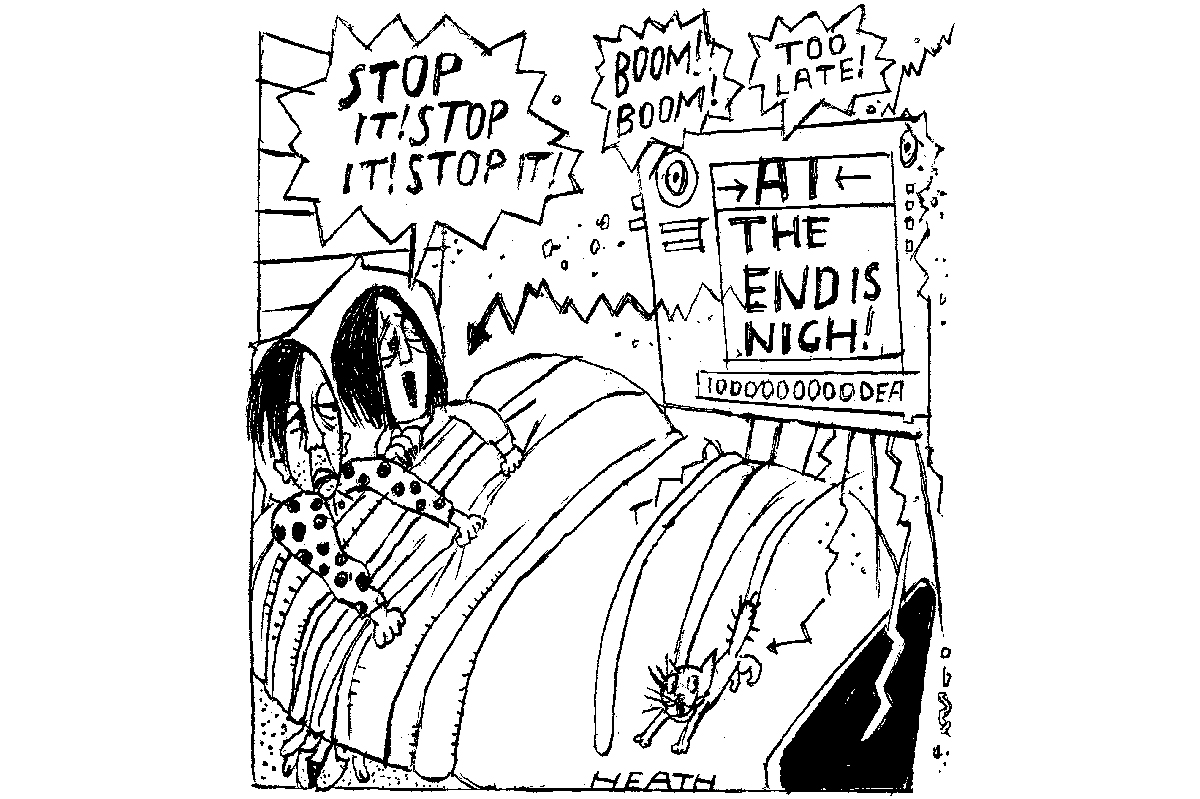

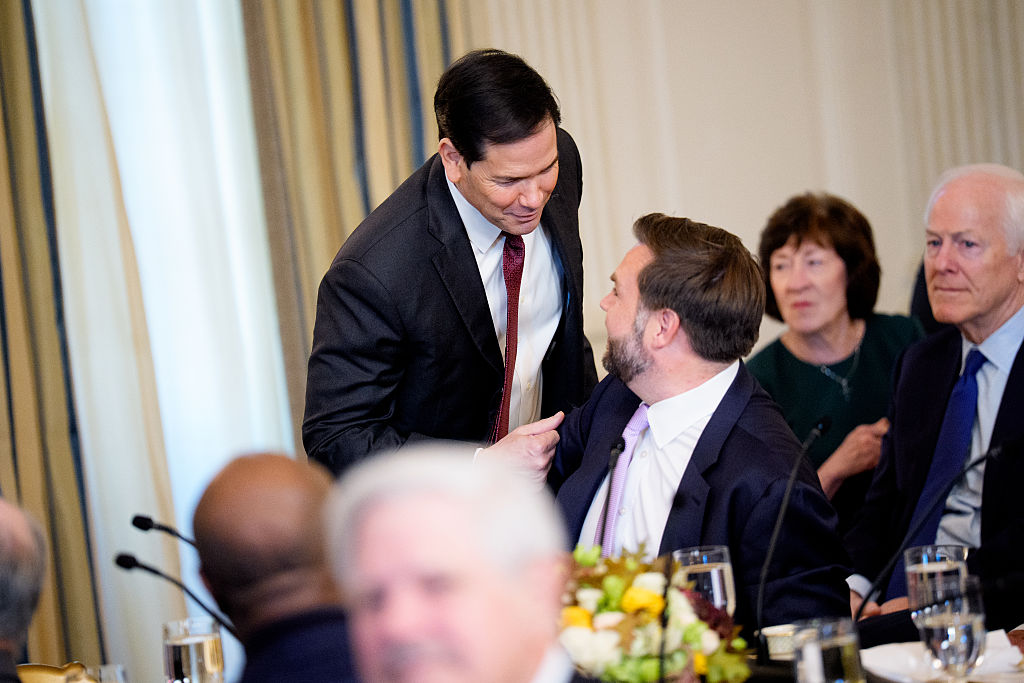








Leave a Reply